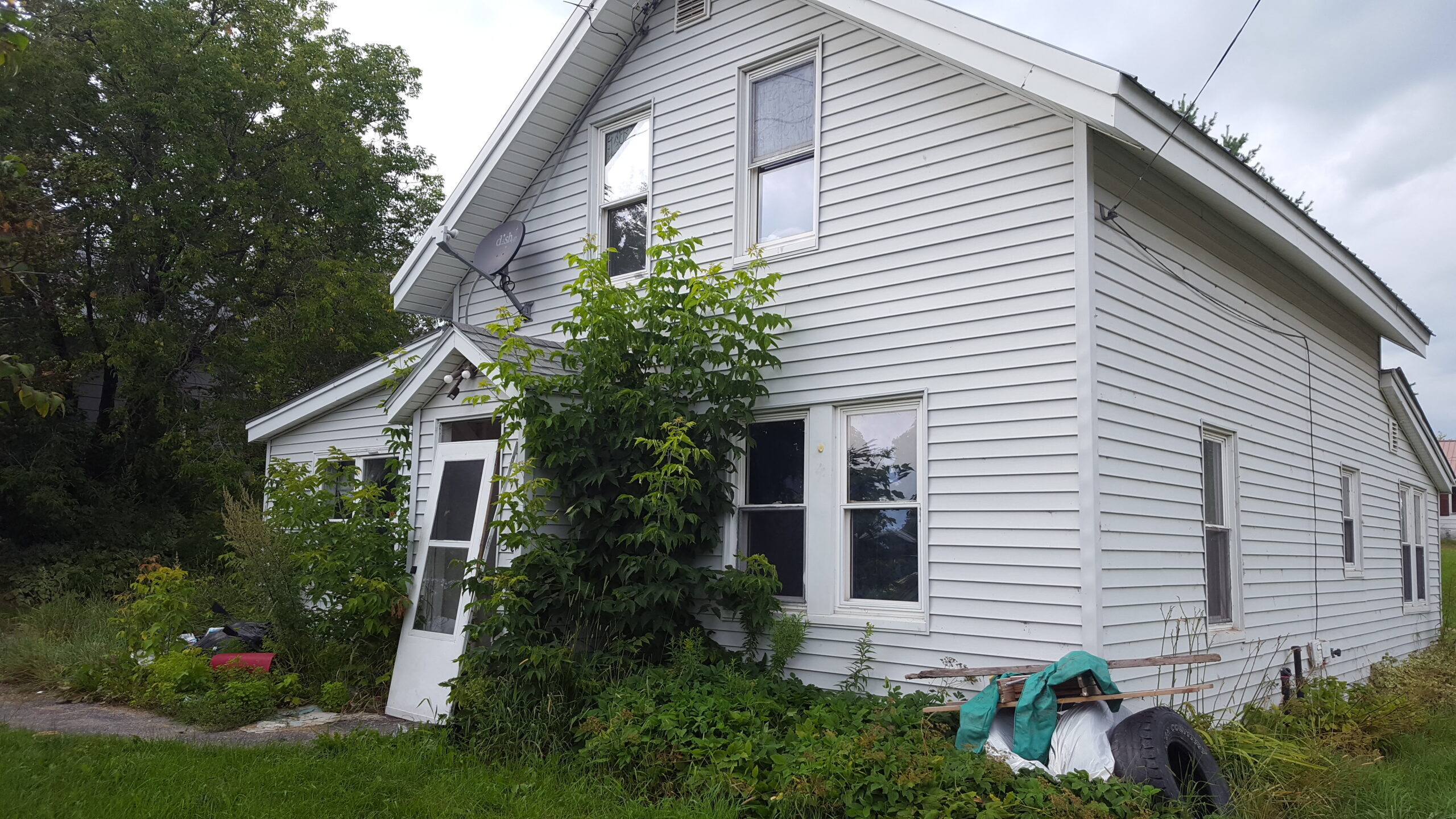
CARIBOU, Maine — In their efforts to clean up neighborhoods that have dangerous or blighted properties, Caribou officials have set their sights on land they hope will become affordable housing.
Caribou has taken a more aggressive stance this year on cleaning up blighted properties and tearing down buildings deemed dangerous to the public. While a 2019 survey of those properties did not produce an exact number, officials estimated that hundreds exist throughout the city, leaving neighborhoods with fewer housing options at a time when more people are in need.
Now, a local nonprofit — the Business Investment Group — has acquired a plot of land at 30 North St. from the city, with plans to take advantage of Maine’s new land bank laws to create affordable housing units.
The state Legislature passed LD 1694: An Act to Create the Maine Redevelopment
Land Bank Authority in the spring that officially became law in August. The legislation allows Maine cities and towns to take over vacant or blighted properties through local land banks and redevelop the property into housing.
Made up of local business owners, the Business Investment Group approached the city in 2021. Since the former building at 30 North St. was a tax-acquired property, officials wanted to rid the city of the demolition costs and help the group pursue redevelopment.
Caribou Code Enforcement Officer Ken Murchison, who is a member of the investment group, said that the North Street land is vacant and sits across from Hillcrest Avenue, a street where four blighted buildings were demolished this summer.
Murchison’s office also demolished a home at nearby 6 Midland St. All three streets loop behind the Caribou Wellness & Recreation Center and Teague Park play area, making them ideal spots for housing.
Though 30 North St. is a small plot of land on its own — 0.15 acres — Murchison noted that the now vacant Hillcrest and Midland properties also have potential to become part of future land bank efforts.
“With the rec center right there and the [Caribou Community] school across the street, it would be a great location for young families,” Murchison said.

CARIBOU, Maine — A now vacant plot of land on Hillcrest Ave. is one of several that Caribou officials hope can be redeveloped into affordable housing. (Melissa Lizotte | Aroostook Republican)
Caribou has not yet formed its own land bank authority, but has begun those conversations, Murchison said.
The city’s efforts to refurbish properties come at a time when leaders are more concerned than ever about attracting families and businesses and reducing the number of properties that are eyesores.
This year alone, Caribou has demolished 10 former tax-acquired homes and four trailers that were once part of the city-owned Caribou Trailer Park, located near the airport on Main Street. Councilors voted to condemn the former West Gate Villa Mobile Home Park and demolition plans are in the works.
The increase in demolished homes — from five last year — is one that Murchison attributes to unsuccessful attempts to reach out-of-state landowners prior to demolition, which led to a backlog of dangerous structures needing to be taken down.
In addition, Murchison’s office has sent out approximately four dozen notices of violations to landowners this year for indiscretions ranging from excessive trash outside homes and unmowed lawns to collapsing home structures.
The list of blighted and dangerous buildings remains huge, but the city will focus future efforts on the most unsafe and noticeable ones, including several collapsing barns and homes burned in previous fires.
But there is still hope for redevelopment, Murchison said. While the Federal Aviation Administration-owned former trailer park might be more suited for industrial businesses, others in the downtown and rural neighborhoods have potential for more residential development.
Building these neighborhoods back could mean the difference between declining properties and vibrant streets where people want to remain.
“Once streets are cleaned up, that can encourage the neighbors to keep fixing their properties,” Murchison said. “We want to keep the momentum going and make sure that when these neighborhoods evolve, it’s to our benefit.”







